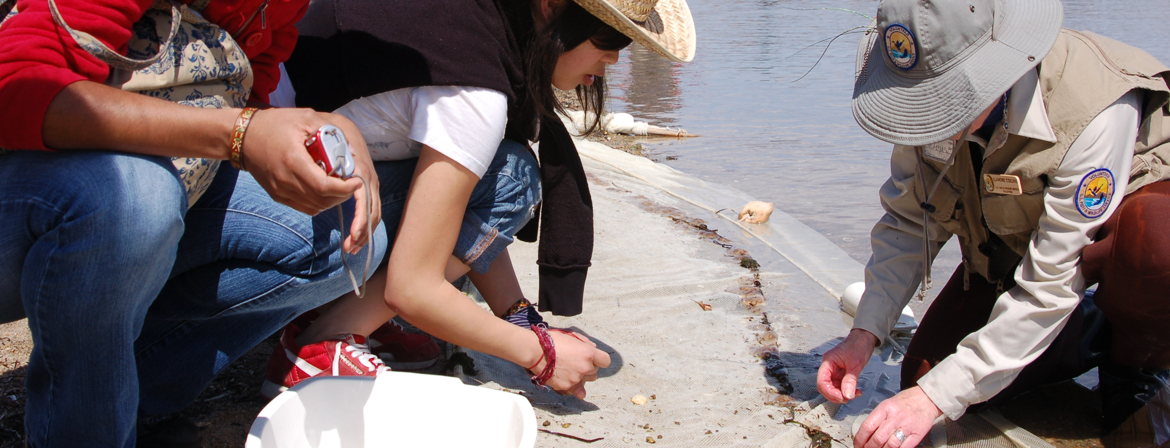The Check, Clean, Dry Campaign
The Environmentalist who Cried Drought: Reactions to Repeated Warnings about Depleting Resources Under Conditions of Uncertainty
Joireman, J., Posey, D., Truelove, H., & Parks, C. (2009). The environmentalist who cried drought: Reactions to repeated warnings about depleting resources under conditions of uncertainty. Journal of Environmental Psychology, 29(2), 181-192.
Signs that Encourage Internalized Recycling: Clinical Validation, Weak Messages and 'Creative Elaboration'
Werner, C., White, P., Byerly, S., & Stoll, R. (2009). Signs that encourage internalized recycling: Clinical validation, weak messages and 'creative elaboration.'. Journal of Environmental Psychology, 29(2), 193-202.
School Travel Plans: Overcoming Barriers to Implementation
Baslington, H. (2008). School travel plans: Overcoming barriers to implementation. Transport Reviews, 28(2), 239-258.
Successfully Changing Individual Travel Behavior: Applying Community-Based Social Marketing to Travel Choice
Cooper, C. (2007). Successfully changing individual travel behavior: Applying community-based social marketing to travel choice. Transportation Research Record, (2021), pp. 88-99.
Using Tailored Information and Public Commitment to Improve the Environmental Quality of Farm Lands: An Example from the Netherlands
Lokhorst, A.M., van Dijk, J., Staats, H., van Dijk, E., & de Snoo, G. (2010). Using tailored information and public commitment to improve the environmental quality of farm lands: An example from the Netherlands. Human Ecology, 38(1), 113-122.
Non-Response to the Recycling Promotion Technique of Blockleader and Commitment
Meneses, G.D. (2009). Non-response to the recycling promotion technique of blockleader and commitment. Journal of Socio-Economics, 38(4), pp. 663-671.
Using Community-Based Social Marketing Techniques to Enhance Environmental Regulation
Kennedy, A. (2010). Using Community-Based Social Marketing Techniques to Enhance Environmental Regulation. Sustainability, 2(4), 1138-1160
Interconnectivity in Diffusion of Innovations and Market Competition
Redmond, W. (2004). Interconnectivity in diffusion of innovations and market competition. Journal of Business Research, 57(11), 1295-1302.
Changing Homeowners' Behaviors Involving Toxic Household Chemicals: A Psychological, Multilevel Approach
Werner, C., & Adams, D. (2001). Changing homeowners' behaviors involving toxic household chemicals: A psychological, multilevel approach. Analyses of Social Issues and Public Policy (ASAP), 1(1), 1-32.



